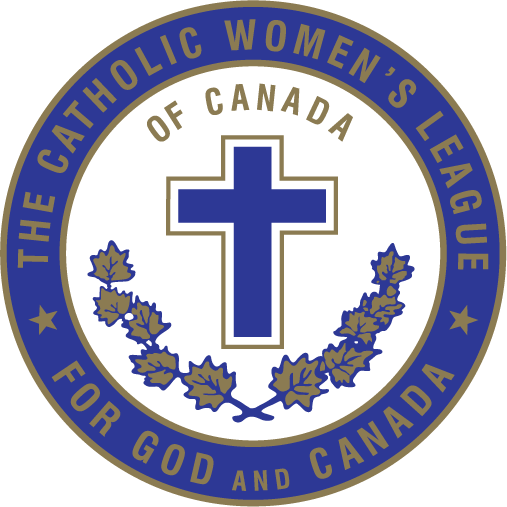Tawnya Stringer
Military Ordinariate Provincial Council President
• Eleven of 13 councils reported.
• Eight of 10 provincial executive members reported.
It was an honour and privilege to write this report as president of Military Ordinariate Provincial Council. Members, in 13 base councils across six provinces, though not numerous, were busy and dedicated to the community, the League and the country.
Most councils acted upon and educated members on several national priorities. Removing the Canada Summer Jobs attestation and excluding medical assistance in palliative care/hospice facilities were of the highest priority. Sharing information on these issues and engaging standing committee chairpersons were methods most used to educate and act on items. The provincial executive obtained permission from New Brunswick Provincial Council to use a postcard template for petitioning the removal of the Canada Summer Jobs attestation and had postcards made for distribution to all members for personal advocacy use.
All but one reporting council indicated the spiritual advisor was supportive of the League. More than one-half of spiritual advisors attended monthly meetings. Provincial spiritual advisor Fr. Chinedu Chukwu completed his term. Fr. Chukwu was an incredible proponent of the League’s work, encouraging and speaking often of how the League was a part of a woman’s journey to becoming the best version of herself—how the League complimented the spiritual journey. Provincial executive members were lucky to have served with him, benefitting from his wisdom, kindness and patience.
Council presidents used national, provincial and parish council materials to help facilitate meetings. Most councils reported using the Constitution & Bylaws and National Manual of Policy and Procedure, as well as council policy and procedure manuals. Lesser used were the Executive Handbook, Robert’s Rules of Order and Parliamentary Procedure. In November, the provincial executive met for the fall meeting in Trenton, Ontario. Manuals were distributed to all members of the administrative team via e-mail. Reminders to familiarize themselves with the duties as listed in the manuals were communicated at that meeting as well as through discussions, memos and conversations. As provincial president, League manuals, national and provincial, were used and referred to weekly.
The online survey asked presidents who provided the greatest assistance when they assumed the role as president. Forty per cent of respondents indicated the current executive was most helpful, with former past presidents ranked second. Life members, secretary, treasurer and personal League mentor were tied for third with 10% of respondents having indicated they were most helpful. I relied on administrative team members, life members, members of the national executive and personal mentors, League and otherwise, to help me perform the required duties. As presidents, though in a leadership role and final decision maker, the role was not to be omnipotent and make the councils we serve, our own. The needs, wants and goals of the council were the driving force for all decisions.
The greatest challenge faced while transitioning into the role as president was keeping members interested. Not having a full slate of officers was second. Other answers included recruiting new members, feeling overwhelmed, running meetings, meeting expectations, member conflict, using technology and organizational skills. One president reported feeling undertrained. The provincial executive was blessed to have a full slate of officers following elections in May. As provincial president, I related to respondents in challenges they faced. Keeping members interested, feeling overwhelmed, recruiting and communication were primary concerns. From the time of unveiling at the national convention to the end of December, four councils were presented with training by the provincial chairperson of organization Allison Klemen or myself.
Communication continued to be an area in need of improvement for councils at both the parish and provincial level. Information was shared through e-mails, with hard copies mailed out occasionally, for items as required by policy such as instructed votes. According to information in the electronic reports, 91% of reporting councils received information used to inform members through national communiqués and The Canadian League. The League website and provincial newsletter were used by 55% of councils. Data on the effectiveness of provincial memos was not documented; however, notable was the number of questions asked of provincial administrative team members already addressed in memos, as well as the low response to requests for information or input from councils, as communicated by those means.
The willingness of members to remain hopeful in and committed to the works done in the communities were a source of personal pride. The values of faith, service and social justice were evident in all members did. Councils were supportive of the unique communities where they remained a consistent and faithful presence for transient military members and families. Military Ordinariate members were warriors in the community, working, advocating and serving “For God and Canada.”


